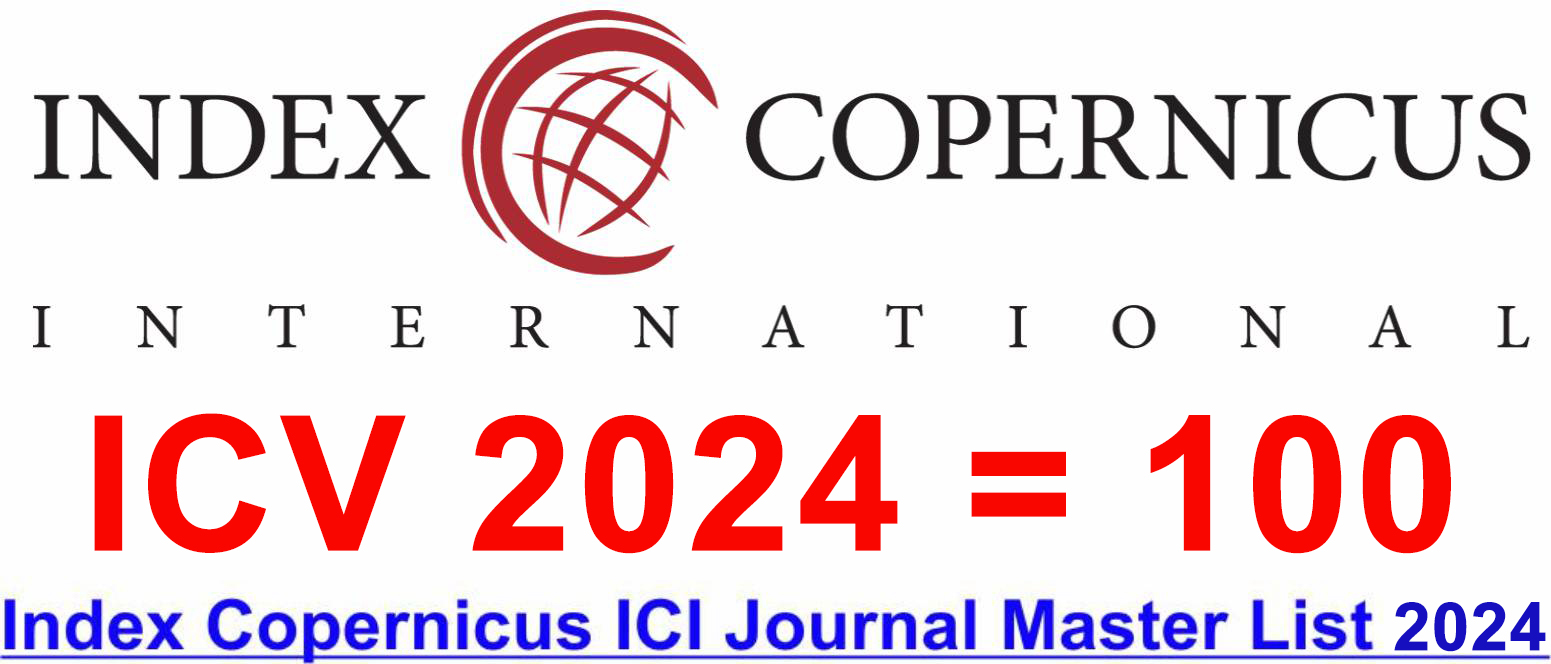Effect Of COVID-19 on The Mental Health of Young Adults in India
DOI:
https://doi.org/10.46977/apjmt.2022v02i03.003Keywords:
COVID-19, Coronavirus, Mental Health, Young Adults, Mental Health in IndiaAbstract
Background: COVID-19 pandemic is devasting for human health. Apart from physical health COVID-19 has affected mental health also. This study examines how COVID-19 pandemic has affected the mental health especially in young adults in India.
Methods: A one-time Online Questionnaire Survey was completed between the age of 18 to 30 years and form was randomly circulated across India (with the help of friends and family).
Results: Overall, three-fourth of participants were worried about the COVID-19 pandemic where female had more fear, sadness and nightmares than male. Also, mental health is stigma in our society.
Conclusion: Findings highlight the impact of COVID-19 on the mental health of young adults in India.
Downloads
References
Aarons, G. A., Monn, A. R., Leslie, L. K., Garland, A. F., Lugo, L., Hough, R. L., & Brown, S. A. (2008). Association between mental and physical health problems in high-risk adolescents: A longitudinal study. Journal of Adolescent Health, 43(3), 260-267. https://doi.org/10.1016/j.jadohealth.2008.01.013
Armitage, R. (2021). Antidepressants, primary care, and adult mental health services in England during COVID-19. The Lancet Psychiatry, 8(2), e3. https://doi.org/10.1016/s2215-0366(20)30530-7
Brooks, S. K., Webster, R. K., Smith, L. E., Woodland, L., Wessely, S., Greenberg, N., & Rubin, G. J. (2020). The Lpsychological impact of quarantine and how to reduce it: rapid review of the evidence. The Lancet, 395(10227), 912-920. https://doi.org/10.1016/S0140-6736(20)30460-8
Holmes, E. A., O'Connor, R. C., Perry, V. H., Tracey, I., Wessely, S., Arseneault, L., ... & Bullmore, E. (2020). Multidisciplinary research priorities for the COVID-19 pandemic: a call for action for mental health science. The Lancet Psychiatry, 7(6), 547-560. https://doi.org/10.1016/s2215-0366(20)30168-1
Hou, F., Bi, F., Jiao, R., Luo, D., & Song, K. (2020). Gender differences of depression and anxiety among social media users during the COVID-19 outbreak in China: a cross-sectional study. BMC Public Health, 20(1), 1-11. https://doi.org/10.1186/s12889-020-09738-7
Loades, M. E., Chatburn, E., Higson-Sweeney, N., Reynolds, S., Shafran, R., Brigden, A., ... & Crawley, E. (2020). Rapid systematic review: the impact of social isolation and loneliness on the mental health of children and adolescents in the context of COVID-19. Journal of the American Academy of Child & Adolescent Psychiatry, 59(11), 1218-1239. https://dx.doi.org/10.1016%2Fj.jaac.2020.05.009
Richardson, L. P., Rockhill, C., Russo, J. E., Grossman, D. C., Richards, J., McCarty, C., ... & Katon, W. (2010). Evaluation of the PHQ-2 as a brief screen for detecting major depression among adolescents. Pediatrics, 125(5), e1097-e1103. https://doi.org/10.1542/peds.2009-2712
Russell, D., Peplau, L. A., & Cutrona, C. E. (1980). The revised UCLA Loneliness Scale: concurrent and discriminant validity evidence. Journal of Personality and Social Psychology, 39(3), 472. https://psycnet.apa.org/doi/10.1037/0022-3514.39.3.472
Singh, S., Roy, M. D., Sinha, C. P. T. M. K., Parveen, C. P. T. M. S., Sharma, C. P. T. G., & Joshi, C. P. T. G. (2020). Impact of COVID-19 and lockdown on mental health of children and adolescents: A narrative review with recommendations. Psychiatry Research, 113429. https://dx.doi.org/10.1016%2Fj.psychres.2020.113429
Spitzer, R. L., Kroenke, K., Williams, J. B., & Löwe, B. (2006). A brief measure for assessing generalized anxiety disorder: the GAD-7. Archives of Internal Medicine, 166(10), 1092-1097. https://doi.org/10.1001/archinte.166.10.1092
The Associated Press‐NORC Center for Public Affairs Research (2021). Worries about the coronavirus increase. 27th January. https://www.norc.org/NewsEventsPublications/PressReleases/Pages/worries-about-the-coronavirus-increase.aspx
van Der Linden, S., Roozenbeek, J., & Compton, J. (2020). Inoculating against fake news about COVID-19. Frontiers in Psychology, 11, 2928. https://doi.org/10.3389/fpsyg.2020.566790
Venkatesh, B. T., Andrews, T., Mayya, S. S., Singh, M. M., & Parsekar, S. S. (2015). Perception of stigma toward mental illness in South India. Journal of Family Medicine and Primary Care, 4(3), 449. https://dx.doi.org/10.4103%2F2249-4863.161352
Wang, C., Pan, R., Wan, X., Tan, Y., Xu, L., Ho, C. S., & Ho, R. C. (2020). Immediate psychological responses and associated factors during the initial stage of the 2019 coronavirus disease (COVID-19) epidemic among the general population in China. International Journal of Environmental Research and Public Health, 17(5), 1729. https://doi.org/10.3390/ijerph17051729
Xiao, H., Zhang, Y., Kong, D., Li, S., & Yang, N. (2020). Social capital and sleep quality in individuals who self-isolated for 14 days during the coronavirus disease 2019 (COVID-19) outbreak in January 2020 in China. Medical Science Monitor: International Medical Journal of Experimental and Clinical Research, 26, e923921-1. https://doi.org/10.12659/msm.923921
Published
How to Cite
Issue
Section
Copyright (c) 2021 Asia-Pacific Journal of Management and Technology (AJMT)

This work is licensed under a Creative Commons Attribution-NonCommercial 4.0 International License.



















